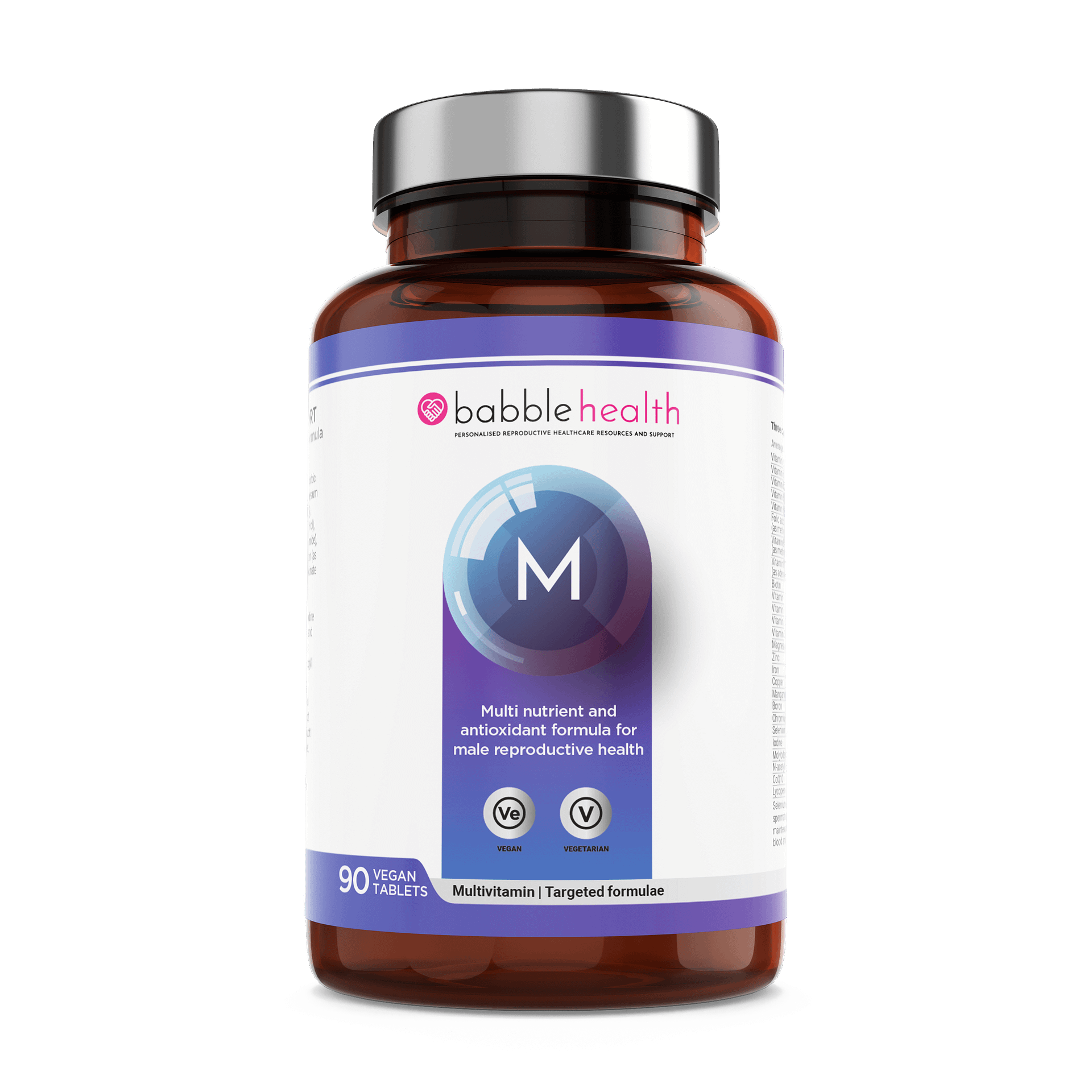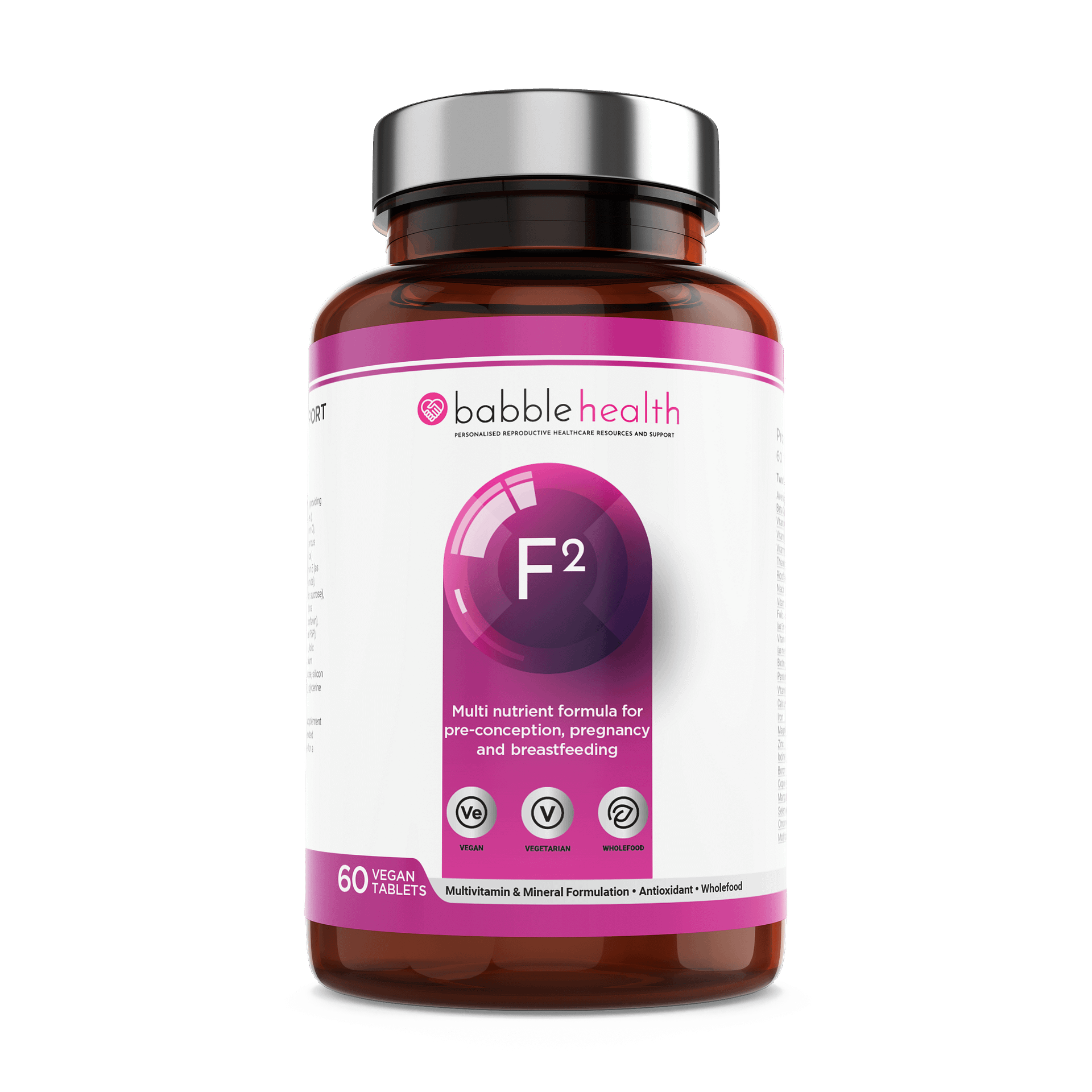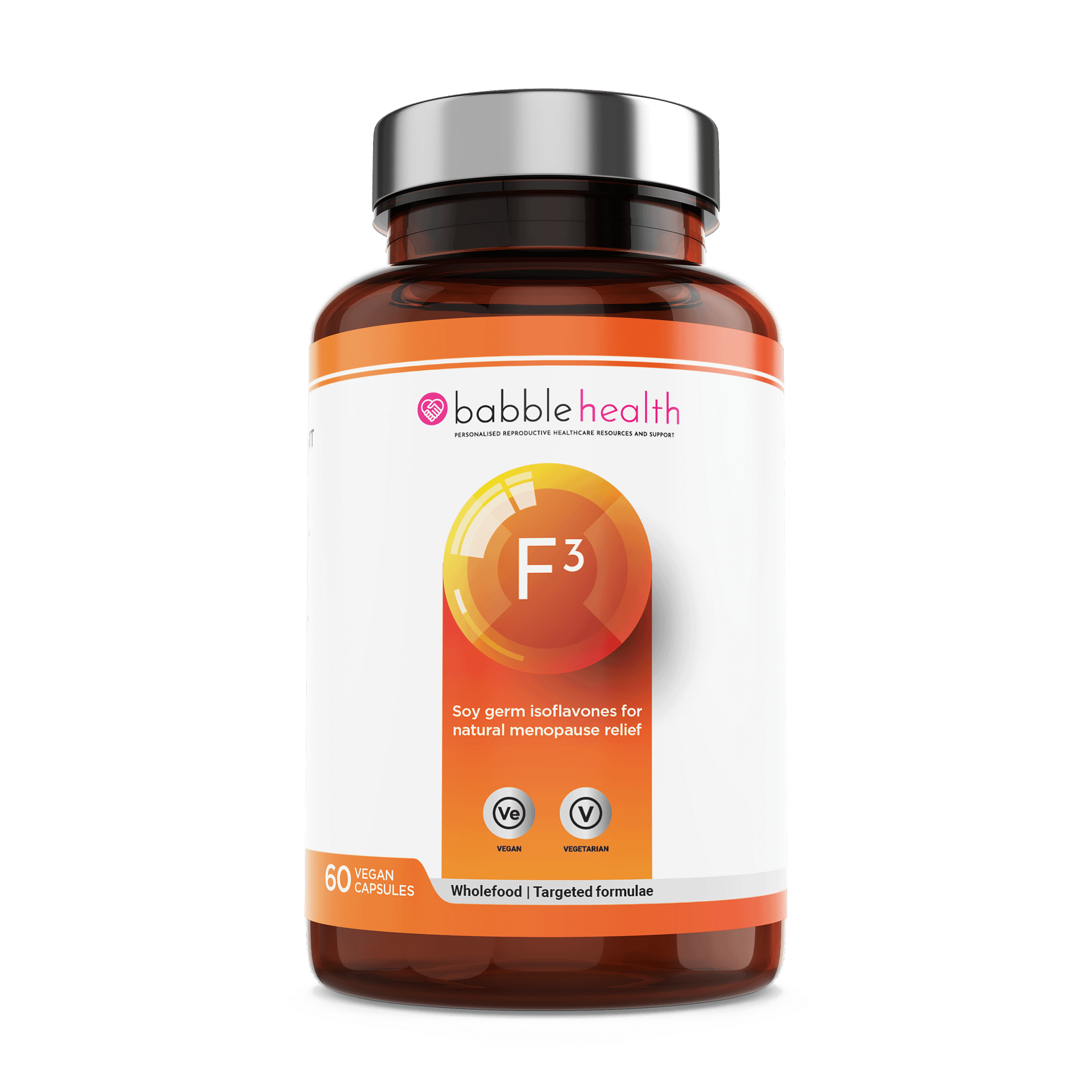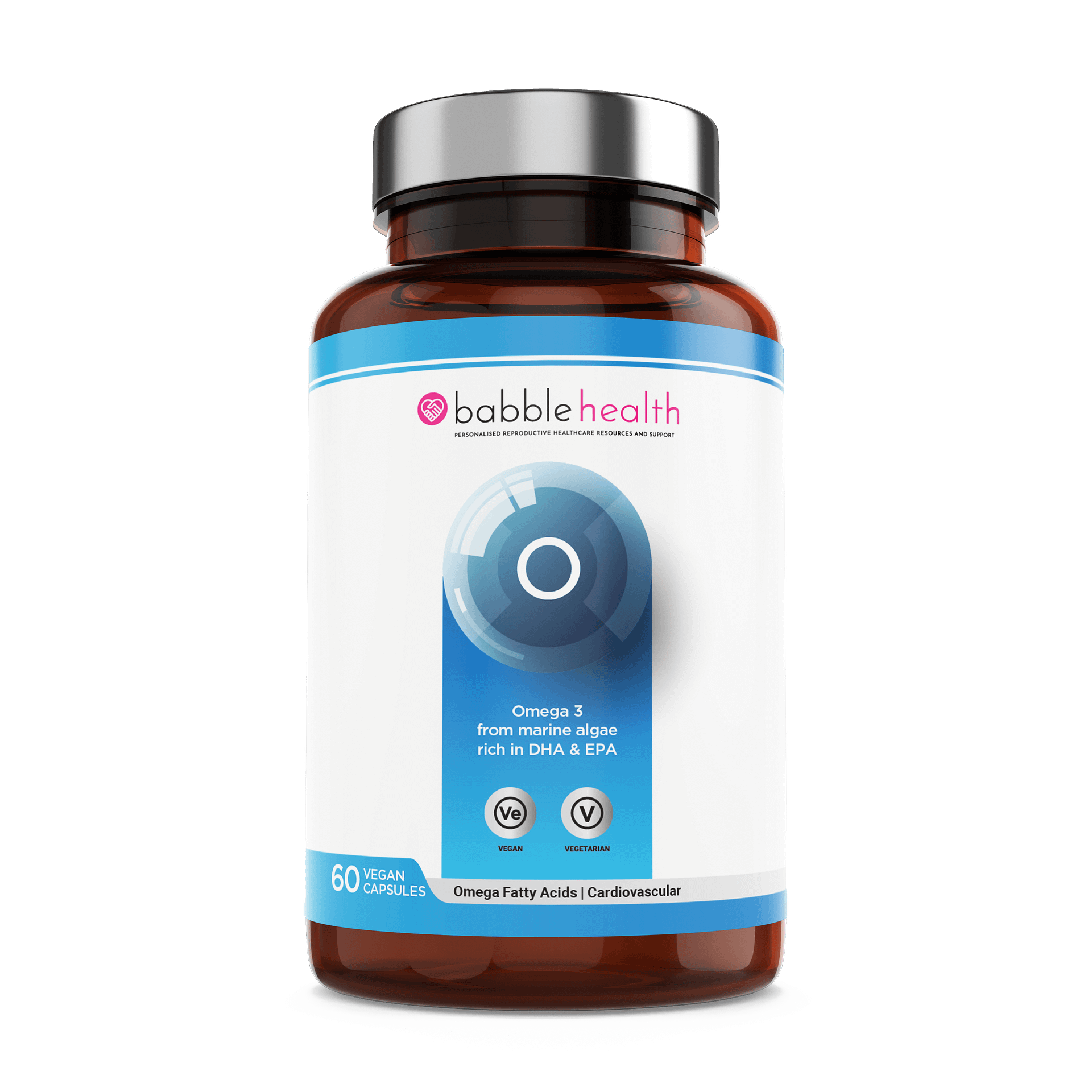By Sue Bedford (MSc Nutritional Therapy)
What is kombucha?
Kombucha is a slightly fizzy probiotic drink formed by the process of fermentation. It is classed as a functional food which has been around for thousands of years and is believed to have originated in china in around 220 BC. Fermented food has soared in popularity in recent years, mainly due to the increasing interest and research into gut health. Kombucha has increased in popularity as it provides an alternative to fizzy drinks which often contain added sugar and artificial sweeteners. Have you ever considered making your own?
What is fermentation?
Fermentation is an ancient and natural process which occurs due to microbes such as yeast and bacteria transforming less useful products such as starch and sugars into acids or alcohol. Fermentation acts as a natural preservative and is what gives food it’s distinct flavour – often a sourness or tartness. It promotes the living microbes – the probiotic. Recently there has been a lot more interest into the fermentation of vegetables along with fruit, if you are buying these products go for ones that state they are ‘active or ‘live on the label as these provide more benefit to health.
How is Kombucha made?
Kombucha is a slightly sour and fizzy drink that is made by adding specific strains of yeast, bacteria and sugar (a starter culture) to green or black tea. The starter culture is a symbiotic colony of bacteria and yeast, or SCOBY for short, that’s sometimes referred to as a ‘mushroom’. This SCOBY forms a film on the surface which can then be used to ferment new kombucha. During the fermentation process the sugar in the tea is broken down to produce gases (such as carbon dioxide that make the drink carbonated), acetic acid and a very very slight amount of alcohol.
Why is Kombucha good for our health?
- It is a probiotic – these are linked to improving digestion, supporting immunity, preventing constipation and much more (many of these findings are from animal studies)
- It is high in antioxidants including vitamin C which help counteract free radical damage to cells. Tea, especially green tea, is rich in polyphenols – a specific group of antioxidants
- It has been found to help slow down the digestion of carbohydrates which impacts on the control of blood sugar levels
- kombucha is rich in B vitamins and folic acid, which is key for helping the body produce and maintain new cells.
To consider:
When buying Kombucha always check the sugar content – some brands contain more than others.
Kombucha is not advised for pregnant or breastfeeding women, or those who have a compromised immune system. For everyone else -like anything – Kombucha is considered fine when consumed in moderation – it does contain some lactic acid – so may cause problems if excess is consumed – if unsure check with your healthcare provider/qualified nutritionist that is suitable for you as an individual. It is important to note that there haven’t been many human clinical studies involving Kombucha.









